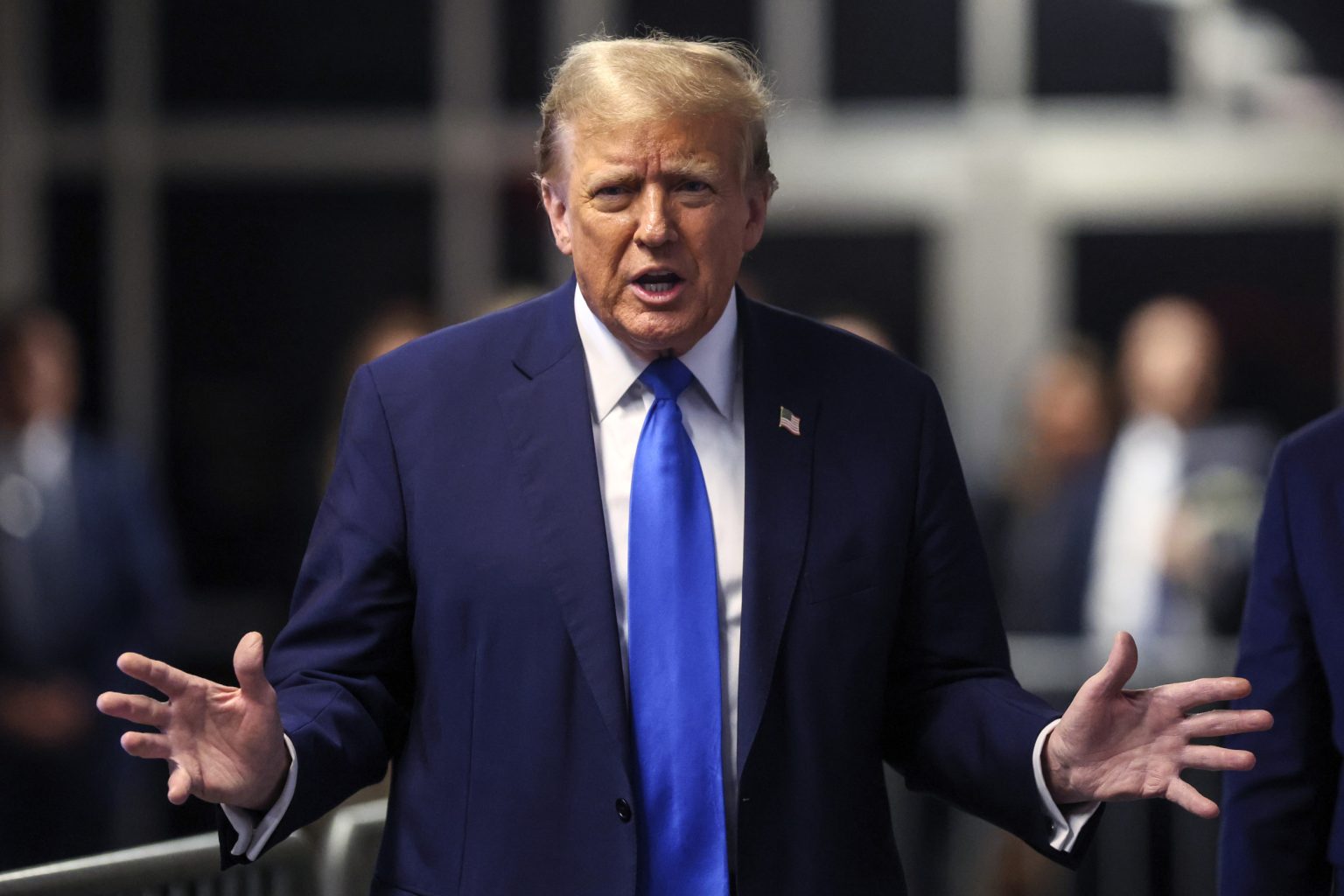The U.S. Supreme Court recently denied a writ of certiorari petition from John Castro, a registered Republican candidate for President in 2024, seeking to have former President Donald Trump removed from the ballot in Arizona. Castro had filed lawsuits in several states to have Trump removed over his alleged connection to the January 6 riots at the Capitol and alleged efforts to overturn the 2020 election. However, in December 2023, a federal district court in Arizona dismissed Castro’s lawsuit, finding that he lacked standing to bring his claim and that his arguments did not show he was truly competing with Trump.
In March, the U.S. Supreme Court handed Trump a major win by allowing his name to remain on presidential ballots in Colorado after efforts to have him removed. The Court overturned the Colorado Supreme Court’s decision that Trump was ineligible for the ballot due to his role in the January 6, 2021, Capitol riot, citing violations of the 14th Amendment. The justices questioned why individual states should be allowed to determine the eligibility of a national candidate, and ultimately ruled in favor of Trump. Trump expressed satisfaction with the decision, stating that he believed it would help bring the country together.
The denial of Castro’s petition by the U.S. Supreme Court in the Arizona case adds to a series of legal challenges aimed at having Trump removed from presidential ballots in various states. Despite efforts to link Trump to the events of January 6 and the disputed 2020 election, the courts have consistently ruled in favor of allowing him to appear on the ballot. The legal battles reflect ongoing division and controversy surrounding Trump’s role in recent political events and highlight the complexities of addressing these issues through the legal system.
Trump’s successful defense against challenges to his presence on presidential ballots underscores the enduring support he maintains among many Americans and the complexities of addressing controversial figures through legal means. The Supreme Court’s decisions in the Colorado and Arizona cases have implications for the integrity of the electoral process and the ability of individuals to participate as candidates in national elections. The rulings also raise questions about the balance of power between state and federal authorities in determining candidate eligibility and the importance of upholding constitutional principles in election law.
Despite the setbacks faced by challengers seeking to have Trump removed from ballots, the legal battles highlight the continued division and controversy surrounding his political legacy and the events of January 6, 2021. The Supreme Court’s decisions reflect the complexities of addressing these issues within the framework of the law and the challenges of reconciling competing interpretations of constitutional principles. As the 2024 presidential campaign unfolds, the legal battles over Trump’s candidacy are likely to continue to play a significant role in shaping public discourse and the broader political landscape in the United States.


